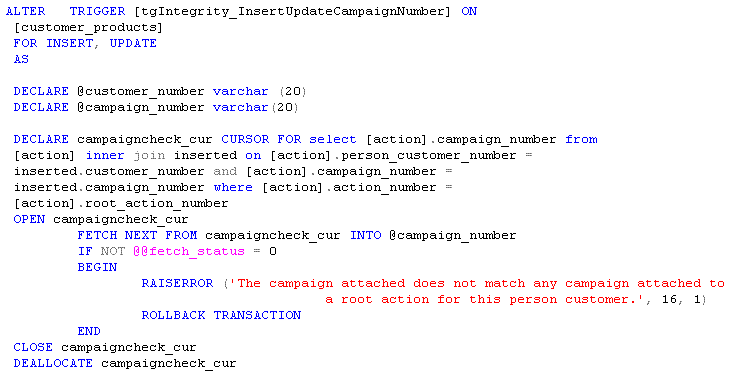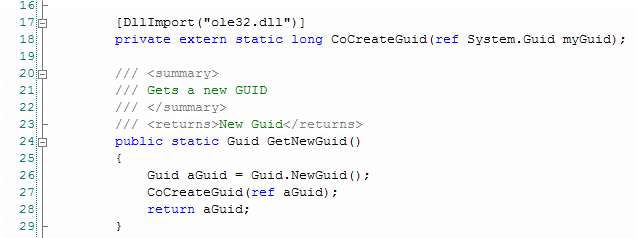The Hotel (reservation system) From Hell
by Alex Papadimoulis
in Feature Articles
on 2004-10-28
If you haven't yet gotten your fill of vampires, jack-o-lanterns, and haunted houses in this Halloween season, then you are in for a treat. Over the past few months, we've all seen some some rather ... unique ... ways of doing various things, programming and otherwise. But today is different. Today, we will see what only Nikolay Simeonov and a few other brave souls have seen. We will see the abomination whose mere thought would send many programmers into the accounting profession. Yes, today's post will contain a glimpse of the reservation system from the Styx (the river, not everyone's favorite 80's band) Motel itself ...
Appropriately, this is written in Access. But even the Dark Lord has his limits ... the Fox Pro versions exist only on the fifth level of Hell and lower.

 Sep 04
Sep 04


